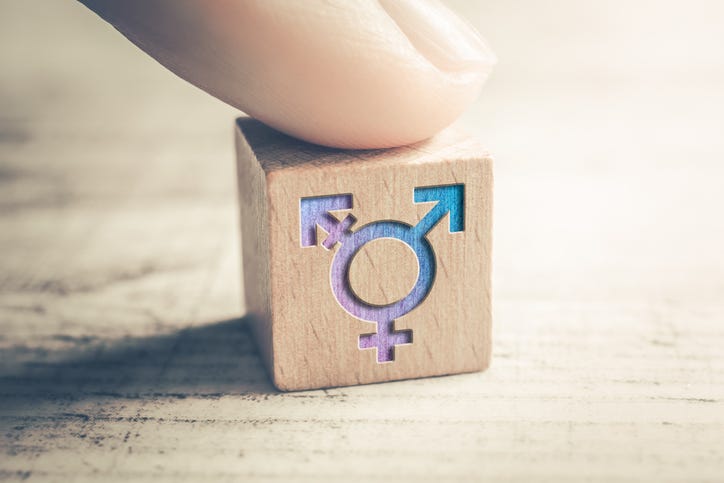
A recent survey shows Americans have a long way to go when it comes to finding a common ground on transgender rights.
According to a NPR/Ipsos poll, three in five Americans (63%) are against allowing trans female student athletes to compete on women's or girls' sports teams, while 24% support it.
The poll shows a deep divide along partisan lines.
Democrats are spit on the issue: 46% support including trans women student athletes in female sports teams, while 41% oppose it. The majority of Republicans (88%) oppose it, compared to just 4% who support it. Similarly, 63% of independents oppose it and 21% support it.
"For leaders in the Republican Party, [trans women and sports] has become a very powerful talking point," Ipsos Vice President Mallory Newall told NPR. "What our polling's showing is that it's resonating with a significant majority of their base."
Transgender advocate Chris Mosier told NPR the poll's results are "deeply disappointing." He said an individual's identity as a trans person is not political, but it has become politicized.
"The truth of the matter is trans women are not dominating in sports," he said. "They have never dominated in sports. And a lot of this has just been a scare tactic by the right to create a political wedge in an election year."
One of the survey respondents told NPR they didn't want to be discriminatory but they're "somewhat opposed" to allowing trans female athletes in women's sports.
"I recognize that there are differences in men and women's bodies, and you can't get around that, especially when it comes to competition," said Danielle Provencher, a 49-year-old Democrat from Florida. "There is that physicality that you can't escape."
The survey comes as FINA, the world governing body for swimming, voted to effectively ban transgender women from participating in women's swimming competitions. Under the new policy, women can only compete if "they have not experienced any part of male puberty beyond Tanner Stage 2 or before age 12, whichever is later."
The Tanner scale is a "uniformly accepted" method of assessing puberty-related changes. Stage 2 refers to the start of pubertal changes, which typically begin from ages 8 to 13 for girls and ages 9 to 14 for boys.
In issuing its ruling, FINA also said it was working to create a new open competition category for swimmers who are blocked from competing in their gender identification category.


